 Planning is Part of the Trip!
Planning is Part of the Trip!
Not everyone feels this way. Some people play spin the tail on the donkey, the pin lands on Sri Lanka and in two weeks, they are off on a grand adventure. By my very nature, I am a planner at heart. I used to plan events for a living and really loved doing so.
I never consider the planning a chore. If fact, I firmly believe that the planning is part of the trip! Planning is a key part of my travel experience. Appropriate planning is a lot of fun and ensures the most enjoyable possible trip for me. I am a big believer in making a plan, but I do want to get the trade-offs right. On the one hand, it is tempting to say, “I will just show up and go with the flow”. On the other hand, I might have a firm schedule and find, “it’s Saturday at 4PM and I should be walking to the St Peter’s Basilica”.
I try to strike a balance between the two, by making a trip “strategy” for where I want to go and what I want to see. At the same time I am open to doing something else when the day brings different or unexpected opportunities. To paraphrase Joseph Campbell the mythologist, “I must be willing to let go of the trip I’ve planned, so as to experience the trip that is calling me”.
To be clear, I am just sharing my personal nuts and bolts of planning a trip. If I am traveling with someone like my friend Dan, it is the way we plan together. Sharing the planning process is very much a part of the travel experience for us. I think you will find the same, if you do likewise with your travel partners. However, at the same time, I do not claim that this is the way to plan. If something else works for you, go for it!
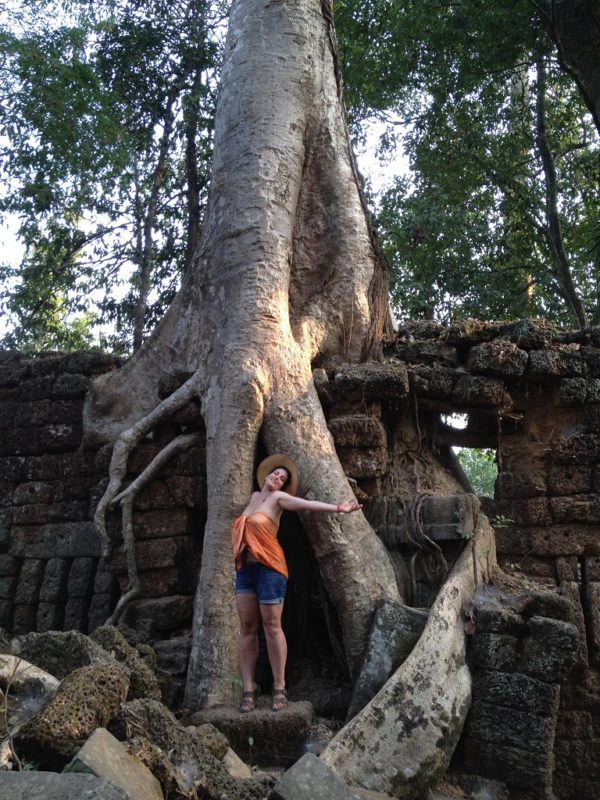
Casting the Net – the World Can Be Your Oyster
Once I have a destination — a country, a region, a particular place — I start by “casting the net”. The idea of casting the net is to investigate everything that I might want to do on this particular trip. Of course doing this I end up with much more than I can or even want to do. But to start with I want to be aware of and think about as many possibilities as I can. The reality is that any trip can only hope to scratch the surface on experiencing all there is to experience at any given place.
Where to Cast the Net
I think of casting the net as telling me all the possible itches that I might want to scratch. This gives me a palette from which I can build my ultimate trip by picking the experiences and activities that really speak to me. Obviously my destination has a big impact on casting the net. For example, a trip to France will net many more food-related experiences — markets, world famous chefs, and museums — than a trip to Belize or Alaska, which will net more outdoor experiences.
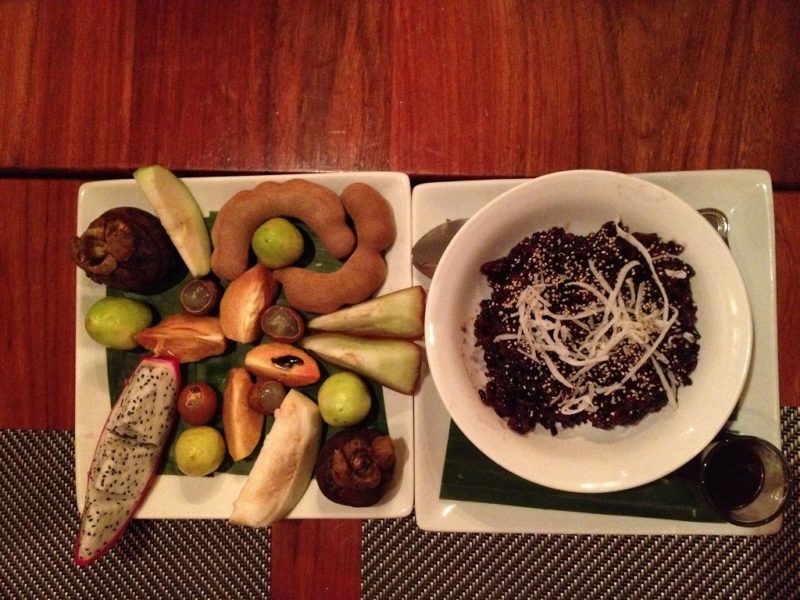
My fishing expeditions are guided by my own interests, knowledge, and experience. Of course the internet is a great tool for casting the net. Using searches with key words for places or interests will turn up dozens of possibilities. It is safe to say that one of the requirements of being a modern, independent traveler is to be reasonably internet savvy. It’s not a big deal, but it is a reality. In terms of internet resources Google search is the premier tool.
What Resources Guide My Casting
Beyond the general search, Trip Advisor is the specific site that I use most often. Beyond that there are literally 1,000’s of specific sites that range from “global” ones like Airbnb, Trip Advisor or Lonely Planet’s to “local” sites that focus on specific destinations, experiences, or events. The latter are what you will turn up when you do your Google searches.
As useful as the internet is, I also find old fashioned, hard copy travel books to be extremely valuable resources, particularly as a place to start. With travel books I am getting other knowledgeable people to lay out a framework of sights, activities, restaurants, and lodging that I can explore further based on my own interests. For me personally, the possible sights and activities are the most useful and interesting. I look at the restaurants and lodging, but the internet is the primary resource for these. As there are 1,000’s of internet resources, there are dozens of individual travel books and series.
Which book you go to will depend on both your own interests and travel style as well as the region you are exploring. My go to source for the “basics” is Lonely Planet. They have good guides with lots of scope and keep them fairly up to date. LP has acquired and organized a lot of information that they slice and dice in multiple, sometimes silly ways, but the information is usually relatively useful.
In general, The Moon Guide is second for me. Although they often have books on smaller regions (Monterey/Big Sur, Zihuatenejo), which LP rarely does (unless it’s a city). As supplementary resources to get background on particular areas, particularly in Europe, Rick Steves’ books are often useful. Rough Guides are popular but personally, there is too much text and I don’t like the formatting so much.
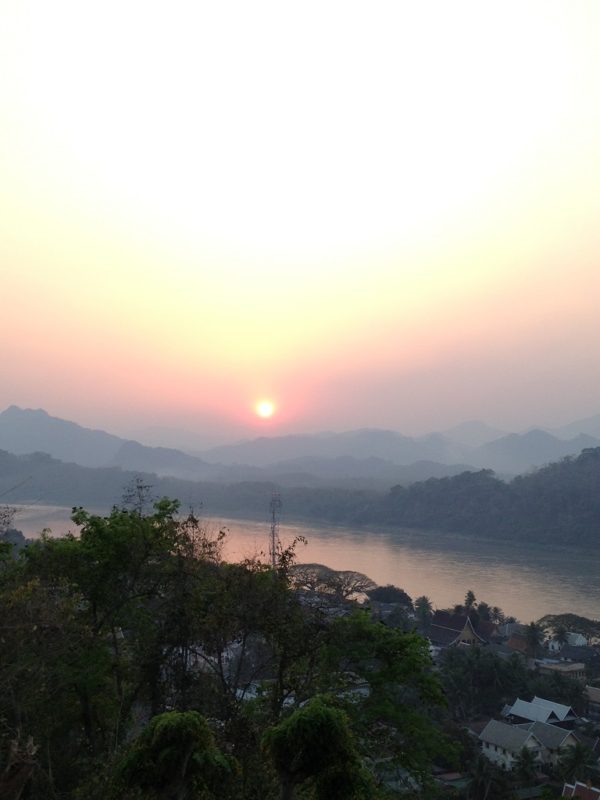
Learning About Your Destination Through Reading Can Be Great Fun
To get the “feel” for a place I am visiting I also usually read histories, memoirs, or fiction centered on my destination. A classic example is Peter Mayle’s series set in Provence. Reading his books you can get a much richer appreciation of life and the culture in Provence. Provence is showcased by many other authors as well. For example, Elizabeth Bard’s Picnic in Provence delightfully relates her experiences.
And, as I said, sometimes fiction does a nice job of setting the place. My sometimes traveling partner Dan is a big fan of reading fiction to build his sense of place. For example to get a good feel for the Dordogne in France he would recommend that you read of couple of Martin Walker’s Chief Bruno books and Robert Merle’s The Brethren, translated from the French. The former will give you a picture of contemporary rural life. The latter will provide an interesting historical slice through the 16th century that will add some meaning to your wanderings through the castles and chateaus that you visit.
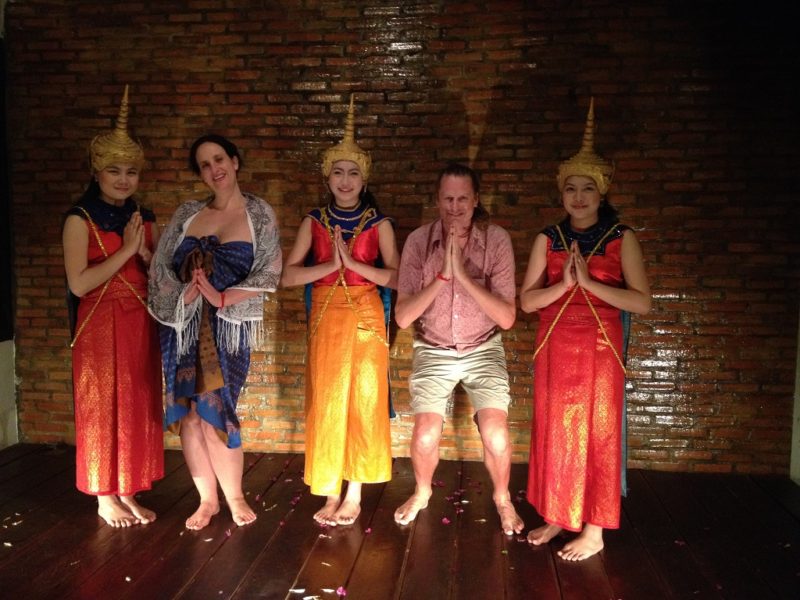
I will admit that sometimes I do not do as much reading as I would like. I often pick up a book at a bookstore while in the country and try to read some while there. And if I don’t, well, at least I have something for the plane ride home. I try to mix up my own reading with fiction and non-fiction, although I tend toward more non-fiction.
I definitely believe that the more you invest into your trip beforehand with reading and learning the culture, the more you will get out of it. But some is better than none. So I encourage you to go for it and do as much as you can. Whatever you manage will invariably enrich your experience.
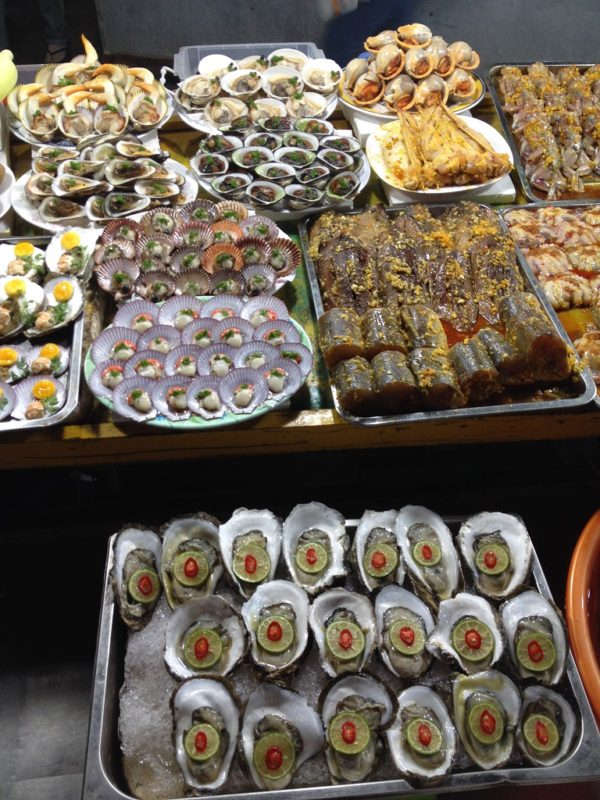
Reeling in the Net – And Flushing Out Your Itinerary
Planning goes on for months before a big trip. I work individually and with my traveling partner, if I have one for the particular trip. If I am partnering, we are constantly riffing off of each other. When I work together with a partner we usually have two computers going and have maps and books spread all over the floor. Like I say, I see the planning as part of the trip. It is a lot of fun to fantasize, explore options, and learn more about my destination.
I start with casting the net and then gradually screen things down until I have a primary set of things I want to do — sights to see, places to eat, activities to indulge, … And, of course I keep in mind the options that I screen out, just in case the situation changes and I decide there is a different itch that I would like to scratch.
The result of my efforts is a day-by-day plan for which I create a Word document. I have found it to be helpful to have all my important info in one place. Then I am not searching through my emails to look for what time my flight leaves, what is the address of my dinner reservation, what is the phone number of my Airbnb host, . . . .
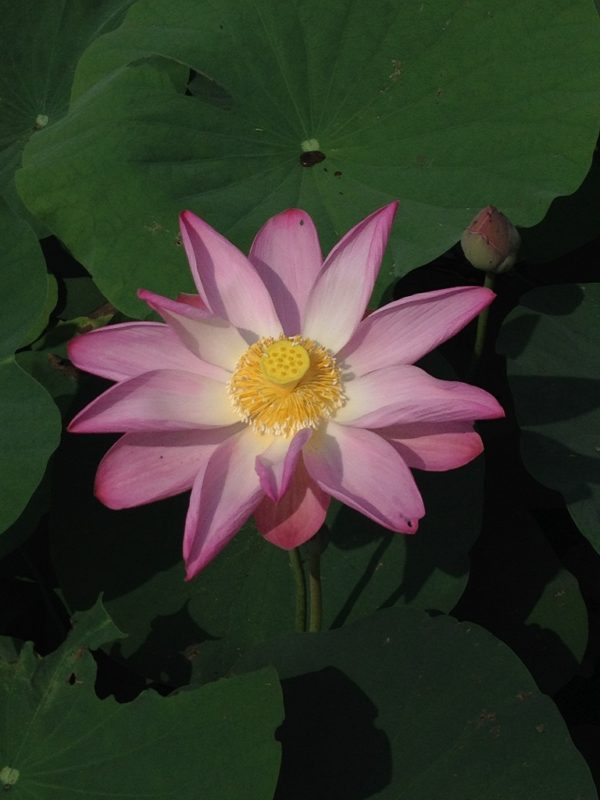
What cities or regions will I be visiting?
I usually set the number of days at each stop in advance. And some times the order of the stops is important.
What sights do I want to see?
I break this down into must see and would like to see. I like to make notes of things that are only offered on certain days. This outdoor market and that poetry slam.
What activities do I want to take on?
Again, I break it down into must do and would like to do. I tend to do a few things per trip that are splurges and need some level of commitment from me. Those days become firm and then I have all the rest of the days to explore in a more spontaneous way.
Where do I plan to eat?
If it’s a special place, I make a reservation beforehand. When it is casual but looks fun, I make a note of its location and see if it fits into my time there. If it’s not a food destination, I research where I can shop for ingredients so I can cook.
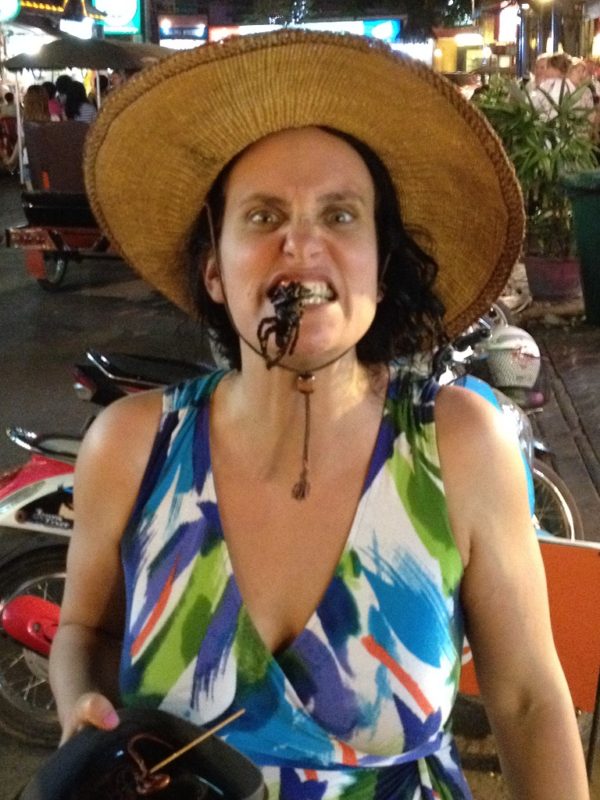
Where will I will stay?
For tropical climates, I often have some lodging booked but not all. For cooler climates, I am carrying more luggage and don’t want to waste time being stuck in the cold rain figuring out where I am sleeping, so I plan all my lodging. Stability comes with the tradeoff of being spontaneous. A trip can have some of both. Whether you stay in a hotel or a vacation rental is a consideration (LINK). Plan for when you first arrive, or for some really special lodging you want to experience for a couple nights. Research the rest before you go, to save time on the ground, but book the rest while you are there.
Where Do I Go from Here?
My level of planning may sound rigid, but I really think of it more as a strategy than as an absolutely firm schedule. I know that I will hit most of the items, but I also know that I will miss on some. And that’s OK. I try to limit paying for too much out of pocket beforehand (other than Airbnbs and obviously flights). But if you go to a place that is heavily touristed, you are going to have to plan ahead. For example, a place like Iceland has so many visitors that if you don’t sign for tours a month or so before you go, you may not get to have that experience. And that is true even in the winter.
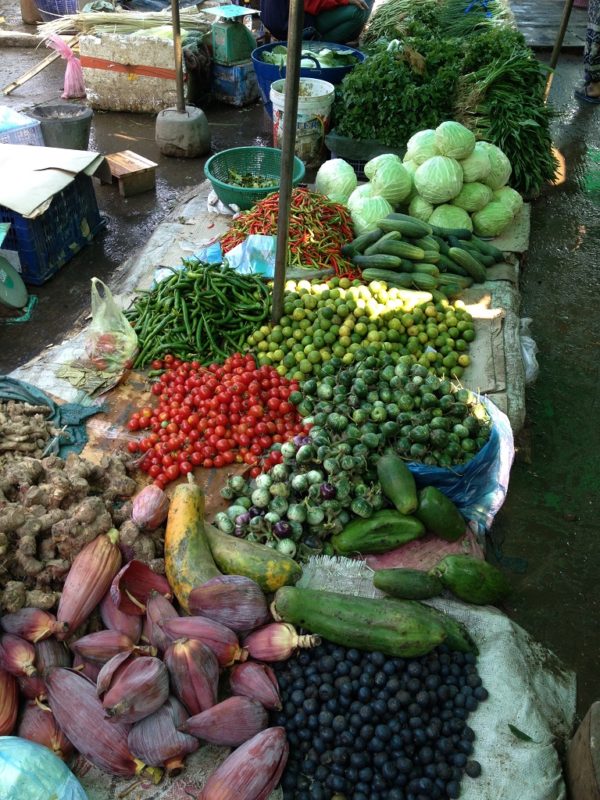
When I travel closer to home, I tend to take shorter trips and scale back my planning. Airfare is much less so that there is a smaller “overhead” cost. And whether or not I do or see something in particular, there is a thought that “well, if I don’t see and do it all, I can easily get back here again.” All these factors often mean that my planning is scaled back from what I just detailed. I will often go through the same process, but over the course of a couple weeks, instead of months.
At the end of the day, or more aptly, in the middle of a day while traveling, I am thrilled I put the effort in to create a plan. And I am totally happy to chuck it, in favor of being more flexible. If something fun and quirky sounding crosses my path, at least I know what I am giving up, to do something else. I like having choices, but I also like to preserve my flexibility. I pay something for the flexibility, but it is worth it to me.
Whatever your traveling and planning style (and it will likely adapt over time), the most important thing is to just get started. Experiment a little with the nuts and bolts of planning a trip. See what doors open for you. You just may catch the planning bug!
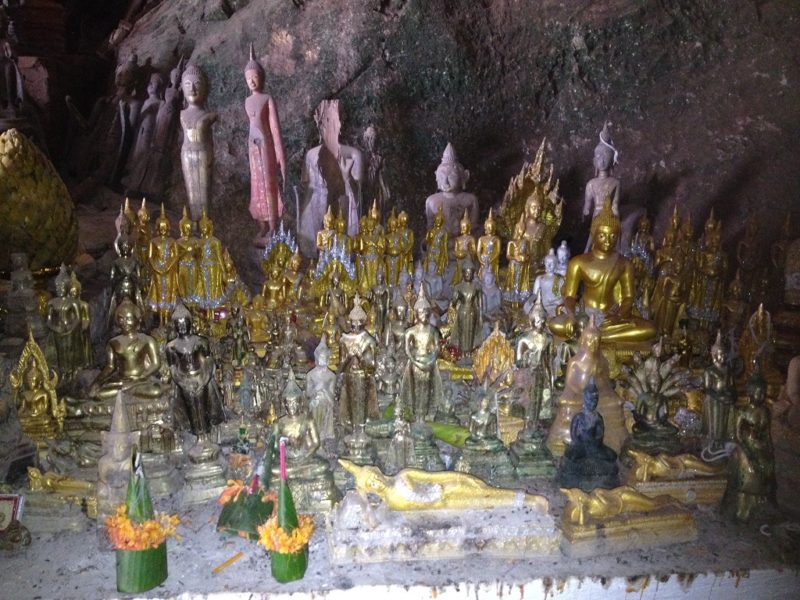
 ?>/images/logo.520x200.jpg)